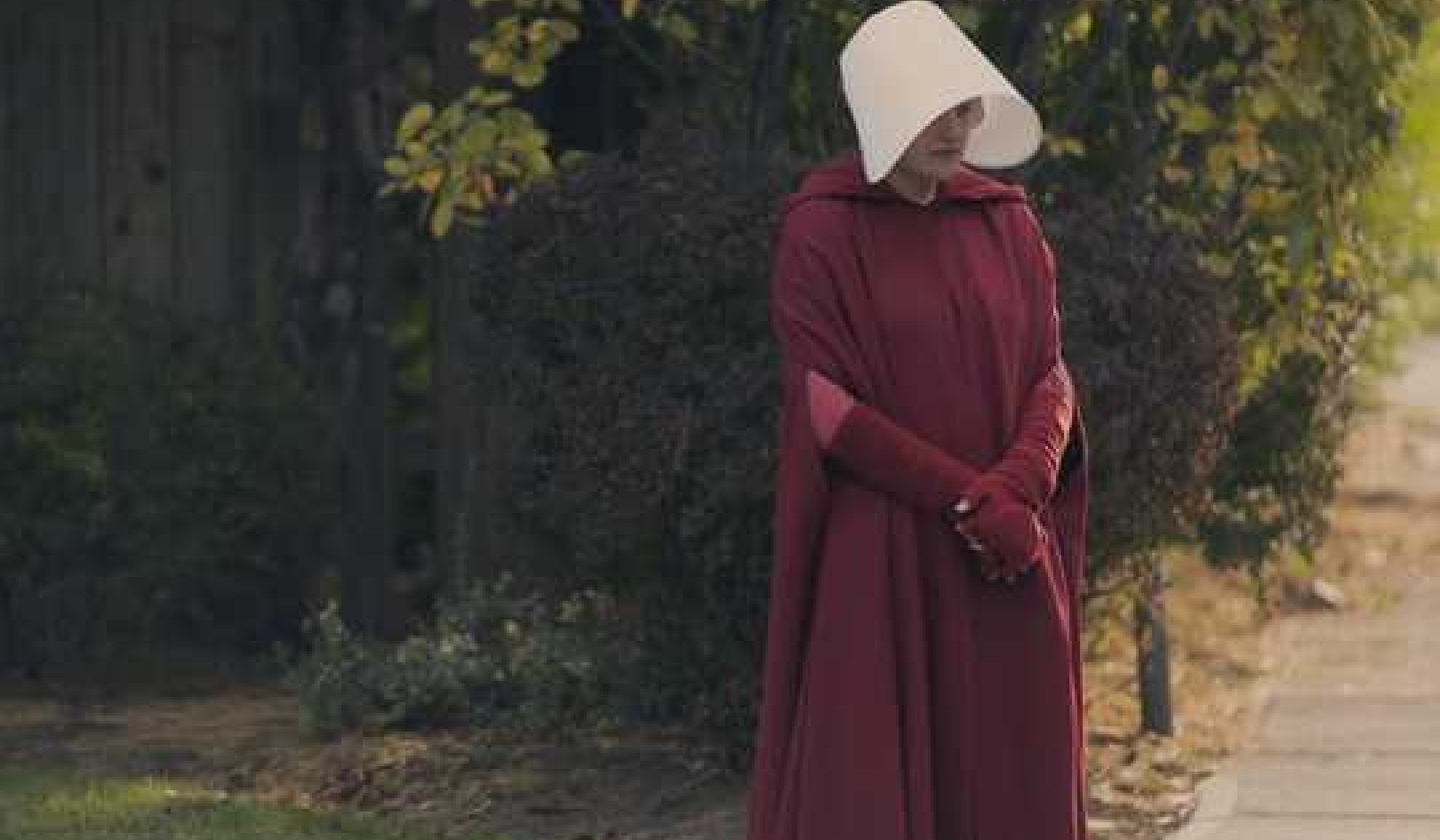
Phil: What would you do if you were stuck in one place, and every day was exactly the same, and nothing that you did mattered? Sony Pictures
Stage 4 lockdown is upon Melbourne for the next six weeks. How do we cope with the new normal of staying in our houses for 23 hours a day?
One popular solution is to immerse ourselves in stories. Topical films, such as Contagion (2011), have found a new life in the pandemic. But a more prescient film, for lockdown, is the cult classic Groundhog Day (1993), directed by Harold Ramis.
Phil Connors (Bill Murray), a thoroughly unsavoury TV weatherman, mysteriously wakes up to the same wintry February morning over and over again. His wonder and excitement at the lack of consequences quickly turn to despair.
How can a flawed human deal with the repetition of the same limited day, as restrictive in its own way as a one-room prison cell?
{vembed Y=GncQtURdcE4}
Eventually, a major change in perspective allows Phil to transform his prison into fulfilment, granting him the love of Rita (Andie MacDowell) – and the escape back to normal temporality.
Transformations
Over the centuries, countless people have chosen a form of elective lockdown. When I was 25, I spent a year as a guest at the Abbey of Regina Laudis in Connecticut. I was not allowed to leave the grounds without permission, and spent my days milking cows, weaving cloth, tending beehives and singing the liturgical celebrations.
I chose to live in the monastery, as did everyone around me. That didn’t mean that the restrictions didn’t chafe. But I remember what one of the sisters said to me about the narrow borders we had placed around our lives: when you can’t change your environment, you have to change yourself.
 To make your way through, consider who you want to be. Sony Pictures
To make your way through, consider who you want to be. Sony Pictures
That year taught me how to sit with myself and stick to the work I had chosen – skills I needed in the difficult seven years of education that followed.
Restrictions can promote transformation through friction, like tomatoes needing compression to be sealed into jars for the winter. The condensation, the reduction, are there to produce something new. When we can’t escape we have a tremendous opportunity for change.
Deadlines
I recently learned a new etymology. The word “deadline” once referred to a prison boundary, beyond which you would be shot by guards.
For Phil, in Groundhog Day, a “deadline” is what is missing from his life. He cannot die. With that boundary removed from him, he struggles to find meaning at all. Our own lockdown also lacks a firm deadline, a time when it will certainly be over. The Victorian government is saying stage 4 restrictions will last six weeks. But will that be enough?
We are faced with the odd combination of restricted space and endless time.
 When our lives are the same end on end, do our choices matter? Sony Pictures
When our lives are the same end on end, do our choices matter? Sony Pictures
Phil experiments with goals at the beginning of the film, but these goals are questionable. He learns all he can about Rita, but only so he can seduce her. He choreographs the perfect robbery of a bank’s armoured truck to have abundant cash. He spends three hours a day for six months learning how to throw playing cards into a hat.
Somewhere in the middle of the story, as he lifts his head from a depression with the help of Rita, Phil turns a corner. He starts to realise his actions – even if they leave no trace on the next repeated day – can change himself, for the better.
He develops a pattern of care that takes up his entire day. He saves a man from choking and a boy from falling from a tree. He helps a young woman get over her cold feet before her wedding and fixes the flat tyres of a car full of elderly ladies.
Instead of short-term goals, he chooses to learn skills that enrich his life: he reads, he makes ice sculptures, he becomes an excellent pianist. He chooses to flourish.
Flourishing is compatible with a notion of infinity – no deadline needed.
Emotions
Rita: Sometimes I wish I had a thousand lifetimes. I don’t know, Phil. Maybe it’s not a curse. Just depends on how you look at it.
Being stuck in the repetition of lockdown, while at first causing only frustration, can lead us to evolve from blaming our setting to interrogating ourselves.
Watching Groundhog Day in these times is strangely inspiring. It lets us imagine a repetition in which we can flourish.
{vembed Y=vAMyScJt9Xw}
So what will we do with our coming six weeks in Melbourne? I, for one, think I will finally start learning to play the piano. Thanks, Phil.![]()
About The Author
Dawn LaValle Norman, Research Fellow, Institute for Religion and Critical Inquiry, Australian Catholic University
This article is republished from The Conversation under a Creative Commons license. Read the original article.

Books Improving Attitude and Behavior from Amazon's Best Sellers list
"Atomic Habits: An Easy & Proven Way to Build Good Habits & Break Bad Ones"
by James Clear
In this book, James Clear presents a comprehensive guide to building good habits and breaking bad ones. The book includes practical advice and strategies for creating lasting behavior change, based on the latest research in psychology and neuroscience.
Click for more info or to order
"Unf*ck Your Brain: Using Science to Get Over Anxiety, Depression, Anger, Freak-Outs, and Triggers"
by Faith G. Harper, PhD, LPC-S, ACS, ACN
In this book, Dr. Faith Harper offers a guide to understanding and managing common emotional and behavioral issues, including anxiety, depression, and anger. The book includes information on the science behind these issues, as well as practical advice and exercises for coping and healing.
Click for more info or to order
"The Power of Habit: Why We Do What We Do in Life and Business"
by Charles Duhigg
In this book, Charles Duhigg explores the science of habit formation and how habits impact our lives, both personally and professionally. The book includes stories of individuals and organizations who have successfully changed their habits, as well as practical advice for creating lasting behavior change.
Click for more info or to order
"Tiny Habits: The Small Changes That Change Everything"
by BJ Fogg
In this book, BJ Fogg presents a guide to creating lasting behavior change through small, incremental habits. The book includes practical advice and strategies for identifying and implementing tiny habits that can lead to big changes over time.
Click for more info or to order
"The 5 AM Club: Own Your Morning, Elevate Your Life"
by Robin Sharma
In this book, Robin Sharma presents a guide to maximizing your productivity and potential by starting your day early. The book includes practical advice and strategies for creating a morning routine that supports your goals and values, as well as inspiring stories of individuals who have transformed their lives through early rising.
s






















